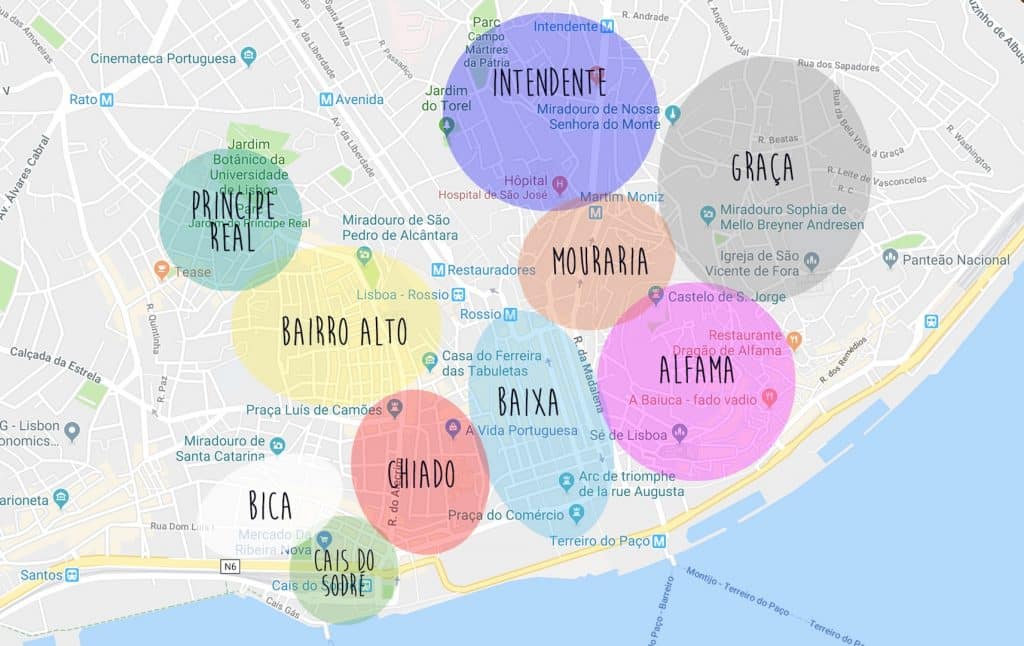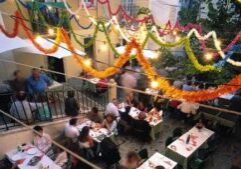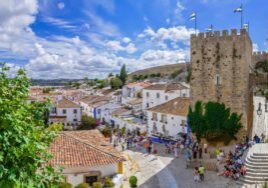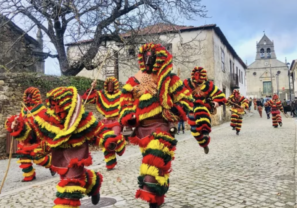Fado in Portugal: a UNESCO world heritage site
If you’re getting ready to discover Portugal, whether for a trip or a new life project, there are a few must-sees you won’t want to miss! Listening to Fado in Portugal is one of them!
After all, the best way to discover a country is through your 5 senses, and Portugal is no exception:
> Taste: savor pasteis de nata, devour bacalhau, nibble pão com chouriço (I’ll stop here… if you want to know more about Portuguese gastronomy, take a look here)
> The view : admire for hours the azulejos, the colorful facades, the flamboyant sunsets…
> Touch : crush the grapes “pisar as uvas” with your feet in the Douro, walk on the golden sands of the beaches…
> The sense of smell : tickle your nostrils with the scents of grilled meats in the streets and eucalyptus by the roadside …
> The sense of hearing: listen to Fado, a Portuguese art form that will blow you away, and which I’m going to tell you all about today.

How did Fado originate in Portugal?
Let’s start at the beginning: what is Fado? Fado is a musical style typical of Portugal, featuring melancholy folk songs accompanied by string instruments. So popular is this musical style that it was declared an intangible cultural heritage of humanity by Unesco in 2011.
Fado first appeared in Lisbon in the 19th century. At the time, it was marginalized and ignored by the most conservative intellectuals. There are several theories about the origin of fado, but it is thought to have become popular in Lisbon in the 1840s, when sailors’ fado was sung at the bow of the ship.
The word “fado” has a meaning that many are unaware of. Fado means “fate”, which comes from the Latin “fatum”.
Where can you listen to Fado in Portugal?
Back in the day, fado was found mainly in Lisbon, in the cafés, tascas and tabernas of the working-class districts ofAlfama and Mouraria, where fado was born. These popular places were mostly frequented by prostitutes, sailors, artists and musicians. Today, Fado can be heard by everyone.
Here are a few places to listen to Fado in Portugal. Make sure you book in advance, as it’s often full. Fado concerts in Portugal are usually held in restaurants in Alfama and Bairro Alto, from Thursday evening to Saturday evening (inclusive).
Prices for listening to Fado in Portugal can vary enormously from place to place. They range from €30 to €200 per person. This varies according to whether or not a meal is included, the type of meal offered, the wines offered, etc. You should allow around 1h30.
Alfama (pink) and Mouraria (orange) are the cradles of fado in Portugal.
What themes are evoked in Portuguese Fado songs?
The fadist (fado singer) most often tackles sad subjects imbued with melancholy, nostalgia, sadness, lost loves, complicated passions, loss of loved ones, absence, resignation… You’re going to say to me: “Oulaaaa, not very cheerful, that doesn’t make you want to!”
But think again. The emotion felt when listening to Fado is the famous “saudade”, a Portuguese word that cannot be defined, but which you will discover if you live in Portugal. It’s said to be impossible to define saudade, and indeed it’s hard for me to put it into words, but you know when the hairs on your arms stand up and you don’t know why? that’s fado and that’s saudade!
Now, if you’re looking for a fun night out with friends, this may not be THE night I’d recommend. Some will enjoy the experience, others won’t, but listening to Fado in Portugal is definitely an experience worth having!
Who are the fadistas?
Fado is generally sung by a single person: the fadista, accompanied by one or more guitarists. The fadista is always very expressive in his interpretation, and you can feel the pain on his face, bringing great emotion. Fado is mostly sung by women, but men also perform it (more so in the Coimbra region). Here are a few essential fadistas.
1 – Amália Rodrigues
This is probably the first name you’ll hear in terms of fadista. Amália Rodrigues, born in Lisbon in 1920, is known the world over as the “Queen of Fado”. She sold over 30 million copies and died in 1999 in Lisbon. Amália Rodrigues gave Fado international status. Her song Povo Que Lavas No Rio, based on a poem by Pedro Homem de Melo, was recorded in 1961 and became a controversial song during the Salazar dictatorship in Portugal.

The iconic Amalia Rodriguês.
2 – Carlos do Carmo
Another great name in fado is Carlos do Carmo. His career exploded in the 70s. He is known for having dusted off fado in the 1970s. Among his most popular songs are Canoas do Tejo, Lágrimas de Orvalho and the famous ” Lisboa Menina e Moça “.
3 – Mariza
Another essential name in contemporary fado is Mariza, recognizable by her magnificent voice and short, white hair. Mariza was born in Mozambique, and is today considered one of the most famous and important fadistas in the world. She has modernized fado. She has performed all over the world, including Los Angeles, New York and Brazil, and has sold over a million records worldwide.
“Ó Gente da Minha Terra”: a poem by Amália Rodrigues immortalized by Mariza’s voice.
The talented Mariza
4 – Ana Moura
Ana Moura is undoubtedly my favorite fadista, thanks in no small part to one of her songs, which I adore. I’d even have to say it’s my favorite Portuguese song, and for those of you who read my blog often, you know it! It’s called ” Desfado ” and it’s a “counterpunch” to Fado, which I like to call “happy Fado”. My friends and family laugh at me when I tell them that. It’s a fado but with a very happy rhythm, completely out of step with the usual fados,
Ana Moura has also brought Amália Rodrigues’ classic song ” Cansaço ” up to date.
Ana Moura – click on the photo to read her track Desfado.
5 -Cuca Roseta
Among the “young” fado singers, Cuca Roseta is one of the stars. The fadista began her career in 2011. Her flagship work is the album Riû, released in 2015.
In conclusion
Listening to Fado in Portugal is a unique experience and a must. It’s an experience that can’t be described, but has to be lived. It’s not just a concert or a meal you’re about to enjoy. Whether you like it or not, one thing’s for sure: you won’t be indifferent.
Join us on social networks!
- Facebook group “Amoureux du Portugal”,
- Vivre au Portugal” Facebook page
- Instagram ” Living in Portugal
Articles Populaires
dernières annonces

2 bedroom apartment with sea view, 10km from Lisbon and 2km from the beaches
Rua da Bica, 103Discover this magnificent 2 bedroom apartment with views of Arriba Fóssil and the sea, 2km…
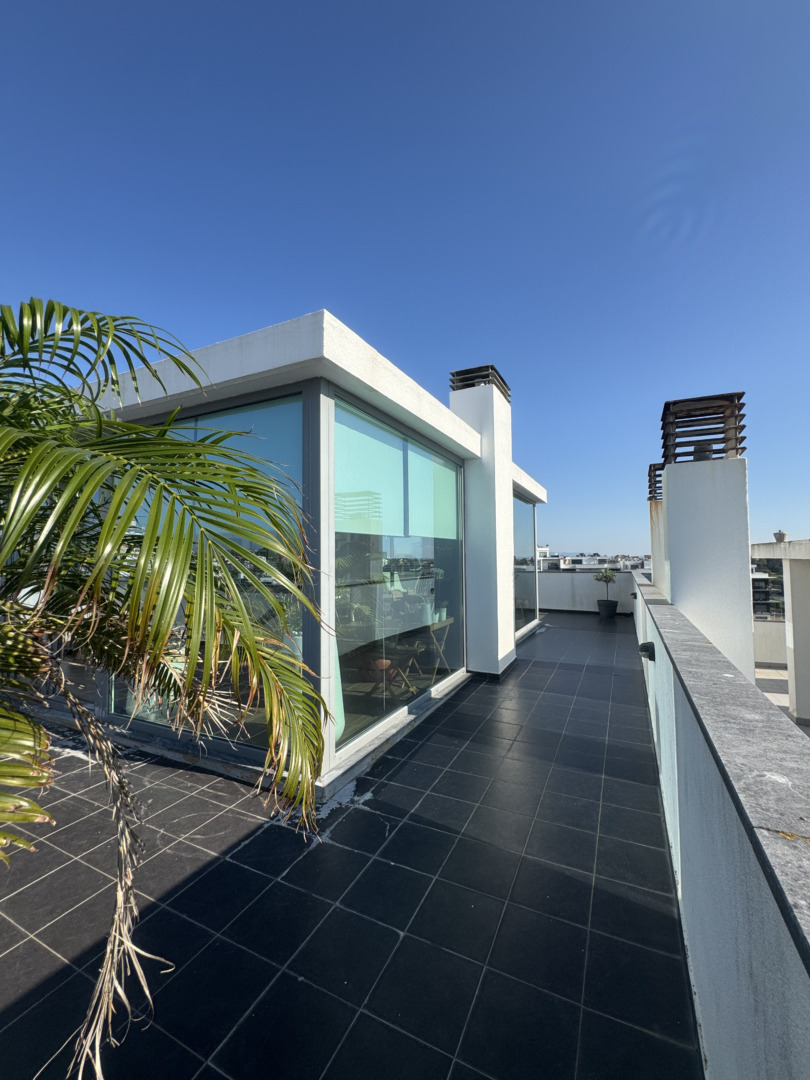
Duplex apartment with sea view 15 minutes from Lisbon
rua Santa Teresa 7Bedroom + duplex apartment with sea view and 15 minutes from Lisbon.

Single-storey house with swimming pool
Just a few meters from the magnificent bay of São Martinho do Porto, lies this…
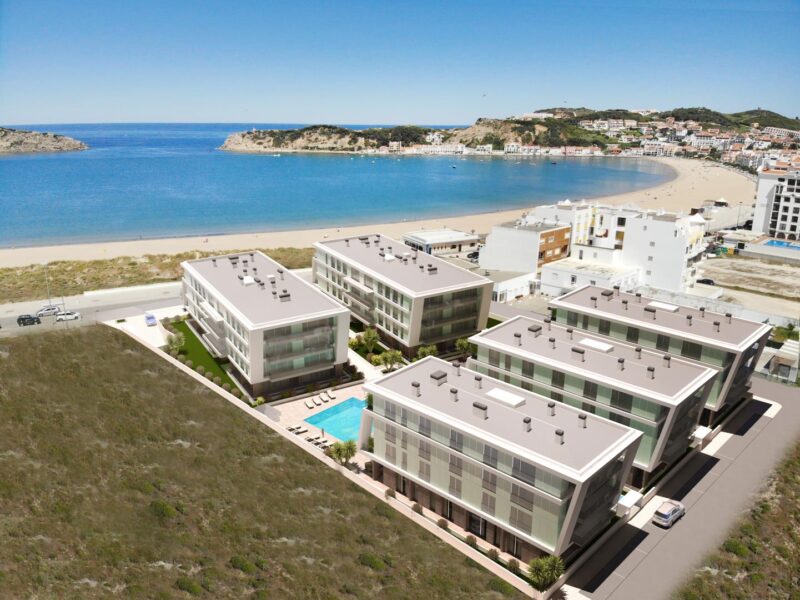
Condominium apartments facing the sea
São Martinho do PortoBeautiful apartments in São Martinho do Porto “Janela da Baía”! Located in the heart of…

Villa already finished and ready to move in: 4-suite bungalow on 750m2 plot in a quiet area of Azeitão
Rua de ParisHouse already finished and ready to move into! Close to shops and services, quick access…

Magnificent house with basement, indoor and outdoor pool in Verdizela/Aroeira
Verdizela/AroeiraNew turnkey project: magnificent single-storey villa, 498m2 in surface area, high-end finishes on a 1875m2…

Luxury apartment on the edge of a nature reserve
Your modern, spacious apartment between the beach and Lisbon’s capital. – Beach 5min – Golf…
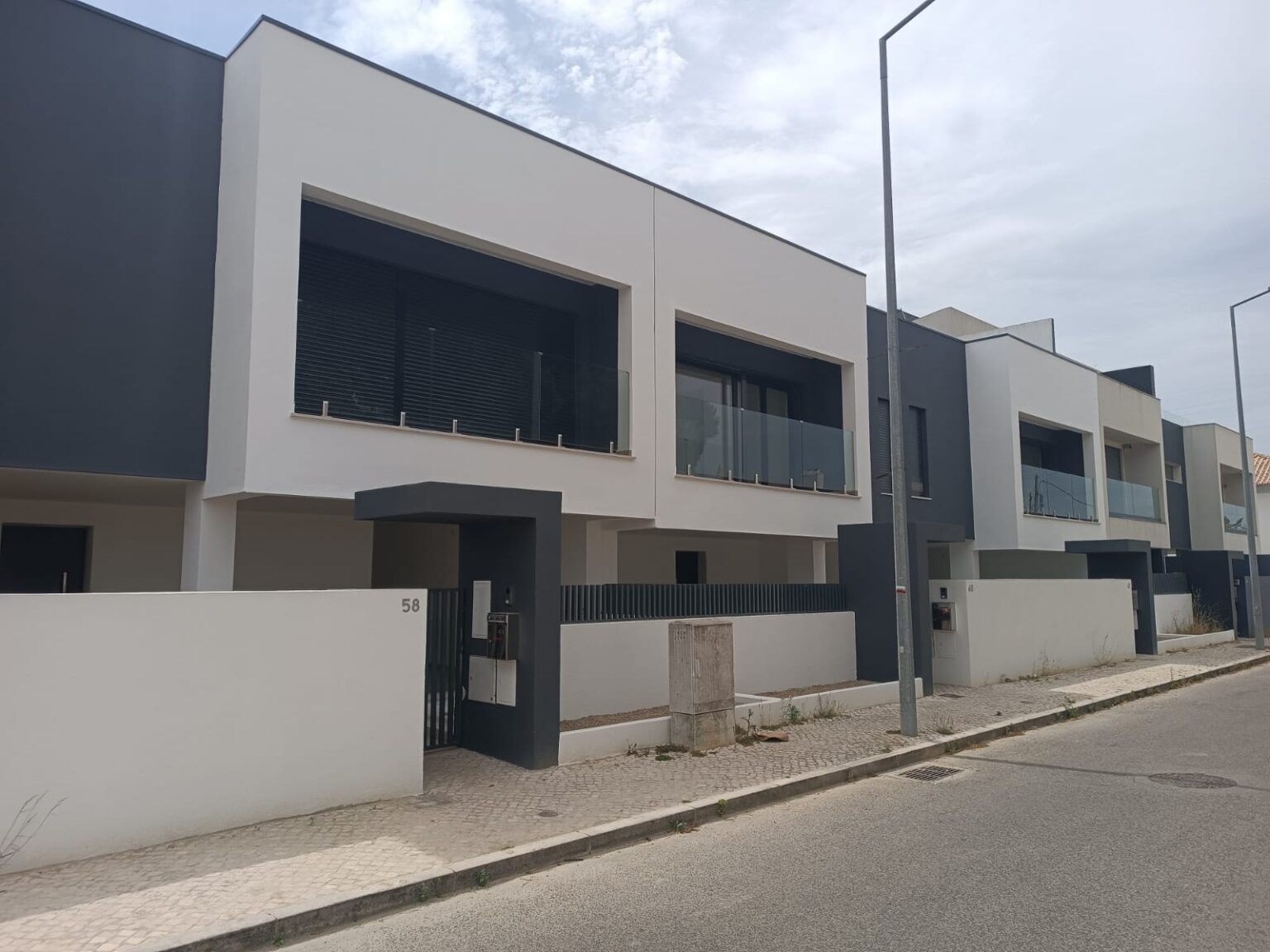
House T3 1 10 min from Lisbon and 5 min from the beaches
PêraREADY TO MOVE IN! New T3 1 ready-to-live-in house in a quiet, rural neighborhood with…

4 bedroom villa with pool and jacuzzi in Aroeira
rua são miguelModern, minimalist architect-designed house with exceptional details in a quiet location in Aroeira 2-storey house…
Inscrivez-vous à notre newsletter
Recevez chaque mois les derniers articles de notre blog "la vie au Portugal" et notre sélection de biens immobiliers à vendre.

